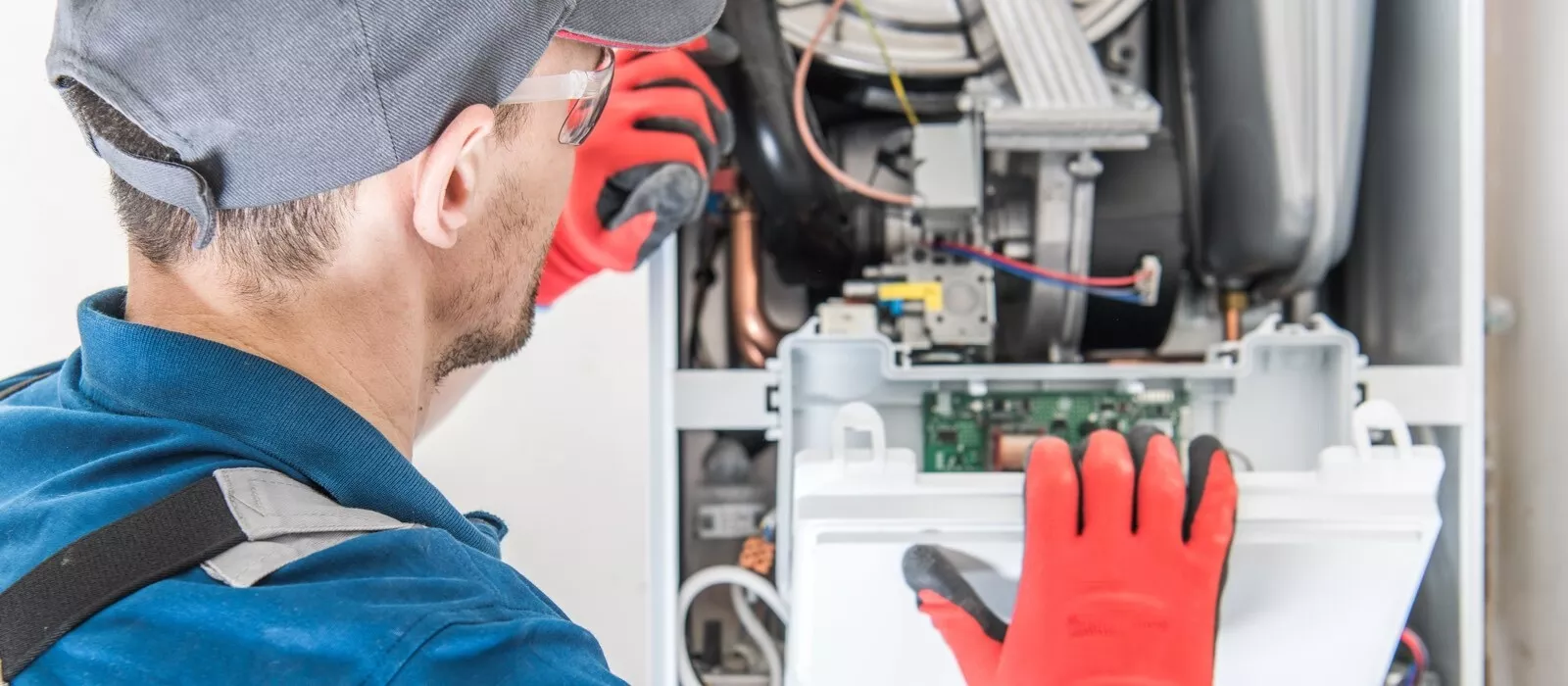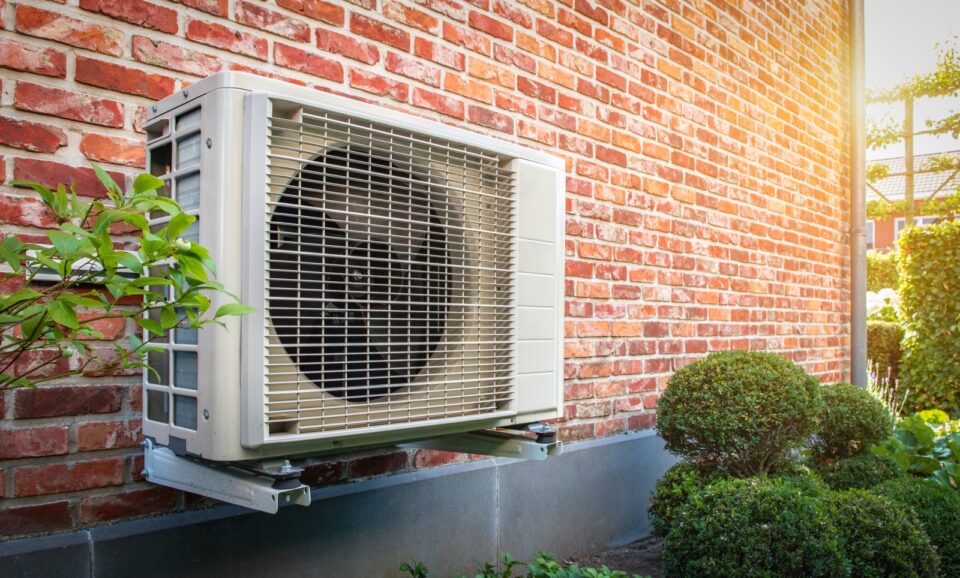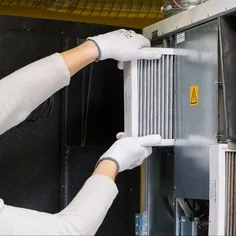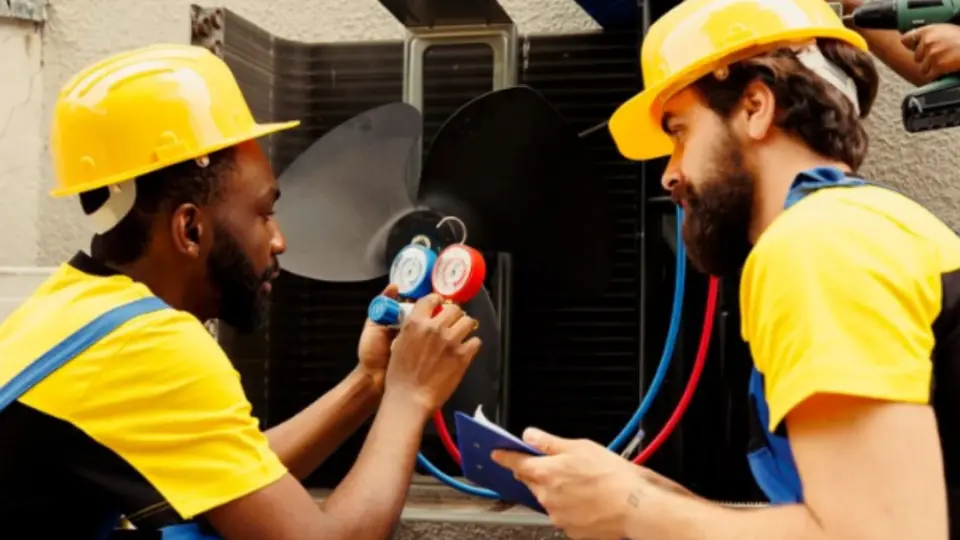As winter approaches and temperatures begin to drop, the thought of a warm and cozy home becomes a priority. While many homeowners might put off replacing their furnace, thinking it’s unnecessary as long as their current system is working, a furnace replacement is actually one of the smartest investments you can make for your long-term comfort and savings.
Even if your furnace is still functional, an outdated or inefficient system can significantly impact your energy bills, comfort, and overall indoor air quality. A new furnace offers improved efficiency, a healthier home, and peace of mind. Let’s dive into why replacing your furnace is a wise decision and how it can transform your winter experience for years to come.
What are The Long-term Benefits of Furnace Replacement?
Furnace replacement can seem like a big expense at first, but over time, it provides a number of benefits that outweigh the initial investment. Here are the key advantages of upgrading to a new furnace:
1. Improved Comfort
Older units often struggle to heat your home evenly, leading to cold spots in certain rooms and others that feel too warm. Newer models, however, offer better temperature control with features like variable-speed blowers. This technology ensures consistent airflow and more even heating, so every room in your home stays comfortably warm.
2. Better Air Quality
Old furnaces can circulate dust, pet dander, and allergens through your home, especially if they haven’t been regularly maintained. Modern furnaces, on the other hand, come with advanced air filtration systems that trap dust and airborne particles, improving your home’s air quality.
If anyone in your household suffers from allergies or asthma, this can make a huge difference, creating a healthier indoor environment.
3. Lower Maintenance Costs
An aging furnace requires more frequent repairs and maintenance, and the costs can quickly add up. With a new furnace, you’ll experience fewer breakdowns and less frequent service calls. New systems are also more reliable and come with warranties, meaning you won’t have to worry about costly repairs for years.
By investing in a new furnace, you’ll avoid the hassle of constant repairs and enjoy peace of mind knowing that your system will operate smoothly through the cold months.
4. Increased Home Value
A new, energy-efficient furnace can boost the resale value of your home. Many buyers are looking for homes with modern, energy-efficient systems, and a new furnace can be a great selling point. It demonstrates that you’ve kept your home well-maintained and are committed to keeping utility costs low—both attractive features for potential buyers.
5. Environmental Impact
Today’s furnaces are designed with the environment in mind. They run more efficiently, reducing your home’s carbon footprint and contributing to a greener planet. By replacing an old furnace with a more efficient model, you’ll use less fuel and produce fewer emissions, helping you do your part in protecting the environment.
How Does a New Furnace Improve Energy Efficiency?
Energy efficiency is one of the main reasons to replace an old furnace. An inefficient furnace can lead to higher utility bills, especially during the colder months. Here’s how a new furnace can improve your home’s energy efficiency:
1. Better Technology and Higher Efficiency Ratings
Newer furnaces are built with cutting-edge technology that allows them to operate far more efficiently than older models. Most new furnaces come with a high Annual Fuel Utilization Efficiency (AFUE) rating, often between 90% and 98%. This means that a significant portion of the energy used is actually converted into heat.
In comparison, older systems may have AFUE ratings as low as 60%, meaning a large percentage of energy is wasted. Upgrading to a newer, more efficient system can reduce your energy usage and lower your heating costs.
2. Consistent Heating with Variable-Speed Motors
Many modern furnaces are equipped with variable-speed motors that adjust the airflow based on your heating needs. This allows the furnace to run more efficiently by using only the necessary amount of energy to maintain the temperature in your home.
Older models, which use single-speed motors, run at full capacity constantly, leading to wasted energy and uneven heating.
3. Improved Insulation and Seals
Today’s furnaces are designed with better insulation and seals, reducing heat loss and ensuring that your home stays warmer without the system working harder. Older furnaces often suffer from poor seals and insulation, allowing heat to escape and making the furnace use more energy to reach the desired temperature. A new furnace will trap more heat inside, helping to cut down on energy consumption.
4. Zoning Capabilities
Modern furnaces can feature zoning systems, which allow you to heat only the areas of your home that need it. For example, if certain rooms aren’t in use during the day, you can program your thermostat to only heat the rooms you’re using. Zoning helps improve efficiency and reduces waste by ensuring that only the necessary spaces are heated.
When is the Best Time to Replace a Furnace?
Replacing a furnace can be done at any time of year, but certain times are more advantageous. Here are a few key points to consider:
1. Before the Heating Season
It’s best to replace your furnace before the cold weather arrives, ideally in the fall or early winter. This timing ensures that your new furnace is ready when you need it most, and it also avoids delays that can occur when furnace repair companies are busiest in mid-winter.
2. When Repairs Become Costly
If you find yourself frequently repairing your furnace and the costs are adding up, it might be time for a replacement. A good rule of thumb is to consider replacing your furnace when repair costs exceed 30% of the cost of a new unit. Replacing an aging furnace with a new, reliable system can save you money in the long run.
3. When the Furnace is Nearing the End of Its Lifespan
Furnaces generally last between 15 to 20 years. If your furnace is nearing the end of its lifespan and showing signs of inefficiency or increased breakdowns, it’s a good idea to start thinking about replacement before it breaks down completely. Waiting for a breakdown can leave you without heat during the coldest months, which can be both inconvenient and costly.
What Factors Should Be Considered When Choosing a Furnace Replacement?
Choosing the right furnace can be a daunting task, but keeping these factors in mind can help make the decision easier:
1. Size and Capacity
It’s crucial to choose a furnace that is the right size for your home. A furnace that’s too small will struggle to heat your space, while one that’s too large will waste energy and increase costs. A professional HVAC contractor can help you choose the right size based on your home’s needs.
2. Energy Efficiency
Energy efficiency is critical. Look for a furnace with a high AFUE rating to ensure that you’re getting the most efficient model possible. Although these models may have a higher initial cost, the savings on your energy bills will pay off in the long run.
3. Fuel Type
Furnaces can run on natural gas, electricity, propane, or oil. The type of fuel available in your area can impact the cost-effectiveness of your furnace. Natural gas is typically the most economical, but if it’s not an option, an electric furnace may be the best alternative.
4. Brand and Warranty
Be sure to research furnace brands and their warranties. Reputable brands often provide better warranties and more reliable products, which will provide you with peace of mind knowing that your investment is protected.
Make Your Home Comfort a Priority
Furnace replacement may seem like a significant expense, but in reality, it’s a smart investment that can save you money, improve your comfort, and increase the value of your home. A new furnace improves energy efficiency, air quality, and heating performance while reducing maintenance costs and environmental impact.
Don’t wait for a cold snap to realize your furnace is no longer up to the job. If you’re ready to enjoy a warm, energy-efficient home this winter, contact a professional HVAC company to discuss your furnace replacement options. Replacing your furnace will ensure that you have reliable, efficient heating for years to come.





